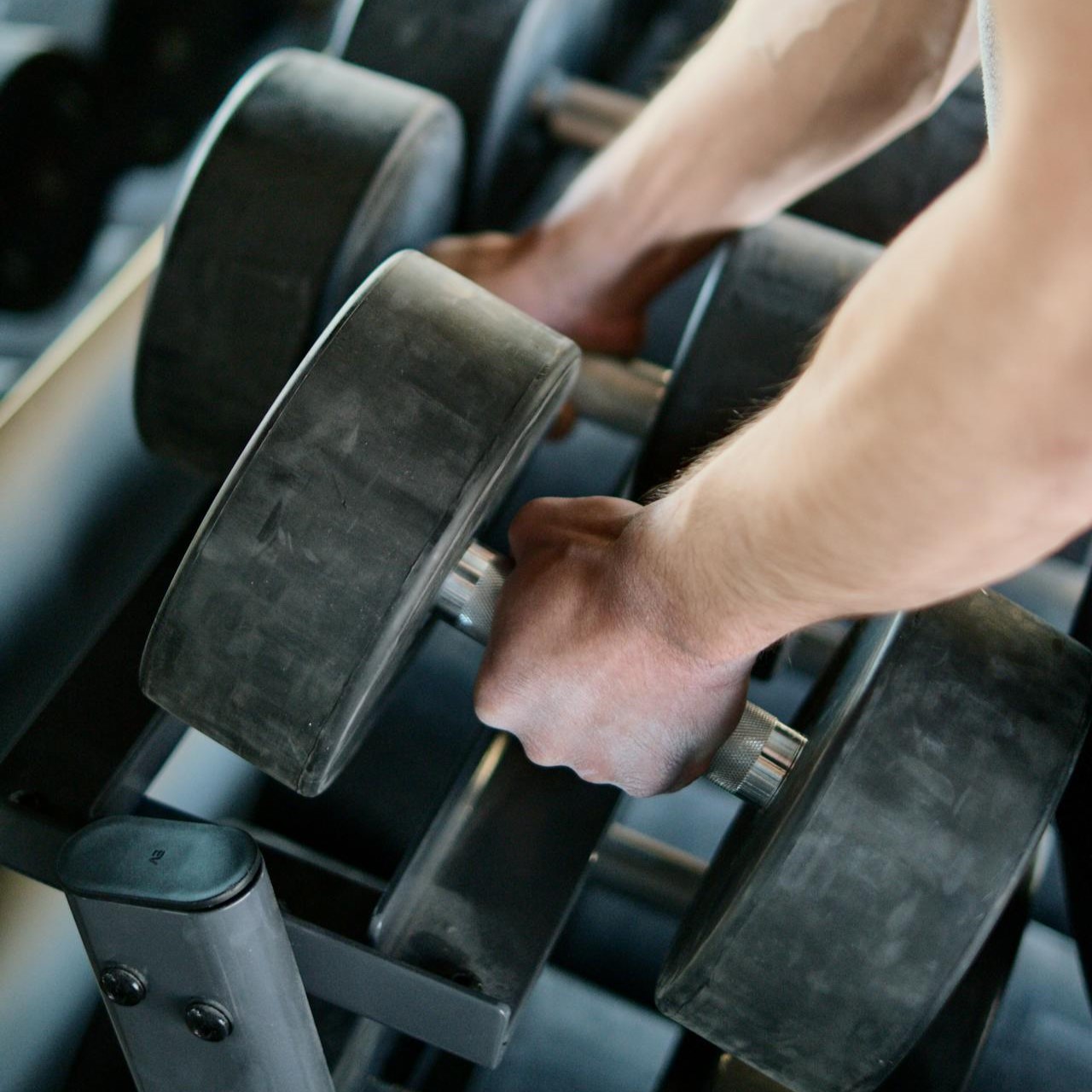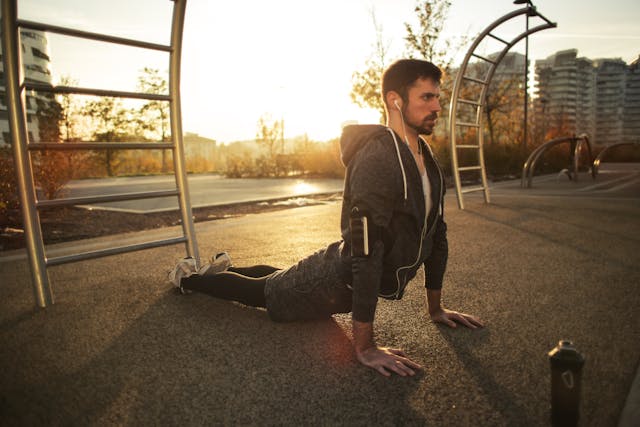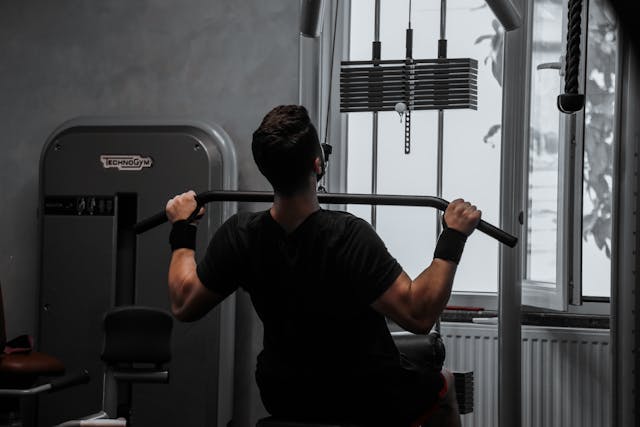
Blog
What Are The Best Times To Exercise During Ramadan?

Are you having difficulty maintaining your workout routine? Are you wondering what are the best times to exercise during Ramadan?
Well, we’ve got you covered.
Noticing a change in your workout routine and your dedication towards achieving your fitness goals in Ramadan is common. If you’re a fitness freak but your Ramadan schedule has made it difficult for you to maintain your exercise, you’ve come to the right place.
In this article, we will focus on the best times to exercise during Ramadan. So, stick to the end to find out what suits you best!
What time is best to workout during Ramadan?
The truth is, there is no “right” or specific time to workout during Ramadan. The right time for you will depend on YOU.
This is because we all have different preferences and routines for exercising. It may be that your Ramadan workout routine will be the same as your routine on regular days.
Some people can quickly adapt to changes in their schedules, and completely shifting their exercise routine will be easy for them.
So, let’s look at the most common and best times to workout during Ramadan and see what style will suit you.
Before Suhoor

Exercising before Suhoor is our personal recommendation and is also considered the best time to workout during Ramadan.
This is because, before Suhoor, we have plenty of time to get exercise. As Suhoor ends around 4:30 am, you can wake up at 3:00 am and do plenty of exercise. While waking up early might seem a hassle, it will fuel your body for the rest of the day.
Also, do you find it difficult to eat during Sehri?
If so, exercising before Suhoor is the best option! Through a workout, you’ll get enough energy, and you’ll be active enough to eat more during Suhoor, thus providing you with energy for the rest of the day. Also, you’ll be able to sleep better because your body is already tired after the exercise.
Apart from all these benefits, you can also get the chance to have your protein shake in Suhoor, which will help curb your appetite and provide energy for the rest of the day.
So, it’s good to exercise before Suhoor and consume a protein shake to get its benefits!
During the day

Exercising during the fasting state is not quite the best option, but some people usually prefer it.
It is because you are already low on energy, and your body is dehydrated. Working out in this condition can cause dehydration, and you may face severe consequences.
Even if you want to exercise during the day because it makes you feel more active, we recommend sticking to light exercise. This can include yoga and light cardio.
Just before Iftar

Similar to the effects of exercising during the day, working out just before Iftar can be a bit risky. Some people feel the most dehydrated and low on energy during this time.
However, the good thing about exercising just before Iftar is you will get food and water in a short time.
So, if the lower energy levels don’t bother you and you’re high on energy just before Iftar, you can choose to exercise at this time. However, we still recommend sticking to low-intensity workouts to prevent dehydration in the fasting state.
After Iftar

Just like before Suhoor, exercising after Iftar is a great time. In fact, most people prefer to exercise after Iftar during Ramadan. However, we cannot neglect the fact that gyms are the most crowded with people at this time too!
If that’s not a big deal for you, exercising after Iftar is a great option. You can go to the gym after Maghrib and come back before Taraweeh.
This time is ideal because you have just consumed food and water and are now in a non-fasting state. This also means that you can consume your protein shake and drink plenty of water to stay hydrated.
However, most people start to feel dizzy after eating at Iftar and find it difficult to pick themselves up and go to the gym. If that’s your case, too, it’s completely fine. You can choose some other time that matches your style.
How do I determine the best time for me?

If your workout routine during Ramadan isn’t aligning with your goals and you’re taking too many rest days, you need to find a suitable time.
If you don’t know what time will suit you, you can align it with your regular workout routine and determine the suitable one. For example, if you work out early in the morning on regular days, you can follow the same routine in Ramadan, meaning that you can exercise before Suhoor.
Another idea is to determine your energy levels in Ramadan. If you feel fatigue and low energy levels while fasting, you should opt for exercising during the non-fasting state.
If you face no problem with doing exercise while fasting, you can do minimal exercise during the day.
Take-away message
With that said, you must have believed that there is no right or best time to exercise during Ramadan. However, the times mentioned above are usually the most preferred option of most fitness enthusiasts. With the right workout routine, you will be able to do your tasks and get better sleep in Ramadan as well.
Still, you need to find a suitable schedule according to your personal preference and workout style.
So, make sure you don’t miss your exercise during Ramadan and stay on track with your fitness routine!
